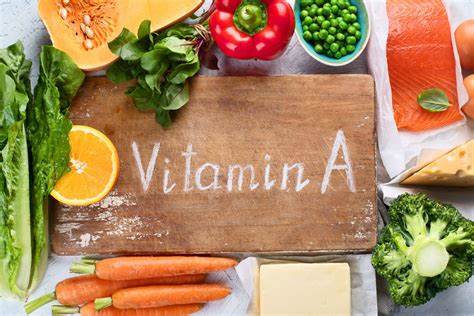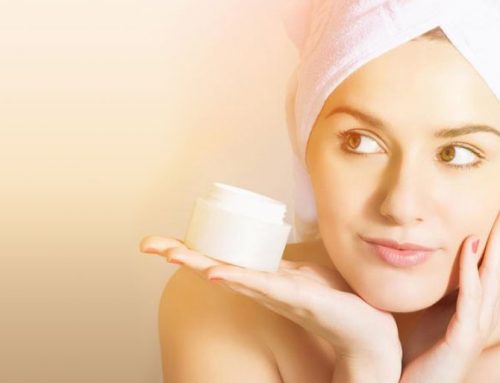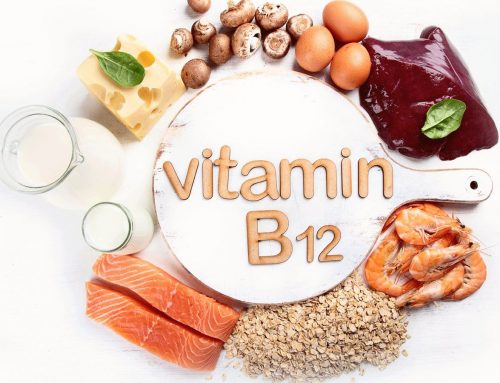Vitamin A, also known as retinol.
Use for supplement
Vitamin A (retinol, retinoic acid) is a nutrient important to vision, growth, cell division, reproduction and immunity. Vitamin A also has antioxidant properties. Antioxidants are substances that might protect your cells against the effects of free radicals — molecules produce ce ce ced when your body breaks down food or is exposed to tobacco smoke and radiation. Free radicals might play a role in heart disease, cancer and other diseases.
Vitamin A is found in many foods, such as spinach, dairy products and liver. Other sources are foods rich in beta-carotene, such as green leafy vegetables, carrots and cantaloupe. Your body converts beta-carotene into vitamin A.
The recommended daily amount of vitamin A is 900 micrograms (mcg) for adult men and 700 mcg for adult women.
Potential benefits
☆☆In particular, it may help support eye health by neutralizing free radicals and slowing the progression of disorders such as age-related macular degeneration, which can lead to vision loss.
☆☆keeping skin and the lining of some parts of the body, such as the nose, healthy
☆☆Vitamin A also plays a central role in decreasing inflammation and enhancing immune function.
☆☆Vitamin A is involved in maintaining skin health and can promote wound healing, support the health of the skin microbiome, and protect against issues like acne and skin infections.
Use for skin
♡A derivative of vitamin A, retinol is widely considered by most experts and dermatologists to be the final word in effective, ‘active’ skincare. Studies have proven its ability to work across a wide spectrum of skin concerns, from fine lines to pigmentation and even acne.
♡Retinol helps neutralize free radicals in the middle layer of your skin. This can help reduce the appearance of wrinkles and enlarged pores. It may also reduce symptoms in people with some skin conditions.
♡Retinol is one of the best-known skin care ingredients on the market. Retinol is primarily used to treat the following skin conditions:
♡fine lines
♡wrinkles
♡sun spots and other signs of sun damage, sometimes called photoaging
uneven skin texture
♡melasma and other types of hyperpigmentation
Retinol also shows promise in treating acne skin types, with research finding the retinoid family to be able to reduce active breakouts and also inhibit the formation of new ones. Skin texture, including scarring and pigmentation may be significantly reduced too.
★→Retinol, which lasts for a long time, is still one of the best ingredients considered by researchers of various health care products and skin care products. If you also need it, please contact SR Bio, tell SR Bio what you use retinol for, and SR Bio will provide you with the most suitable retinol raw material.







Leave A Comment